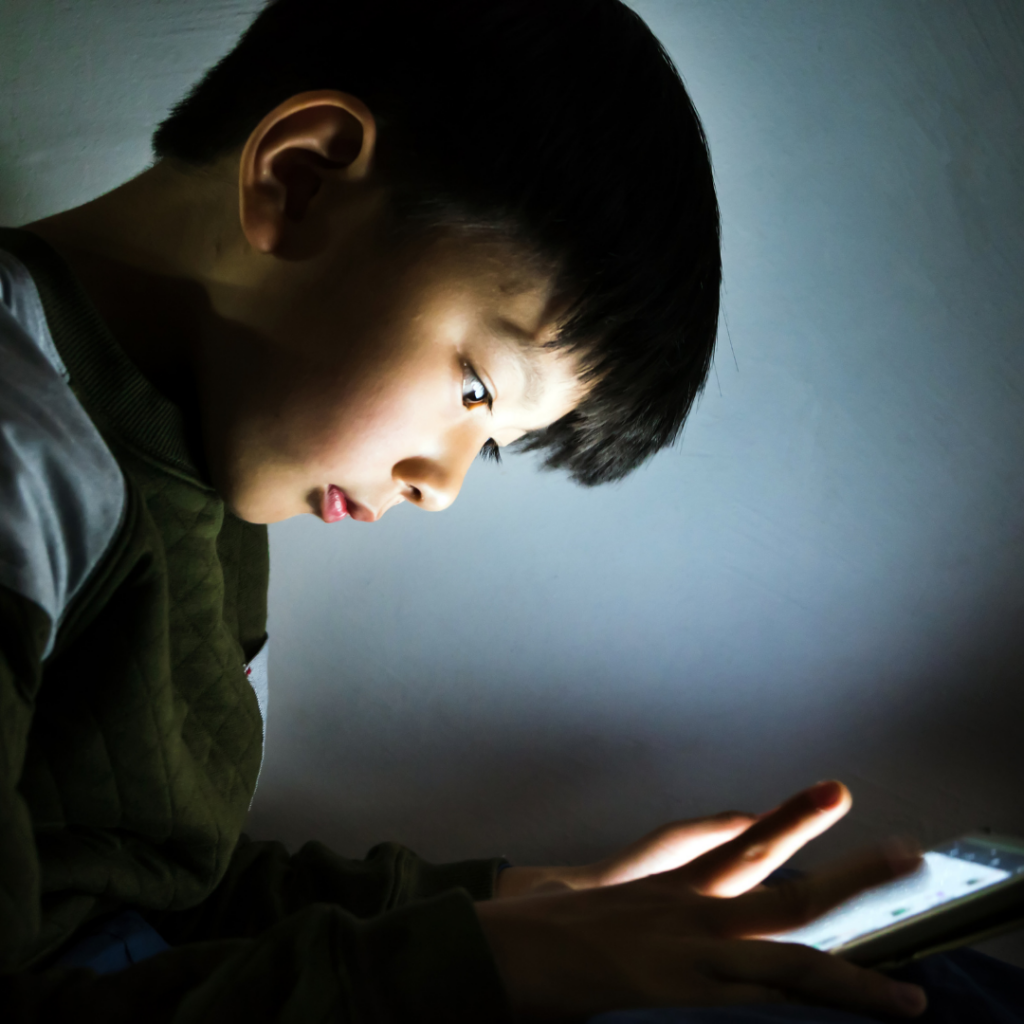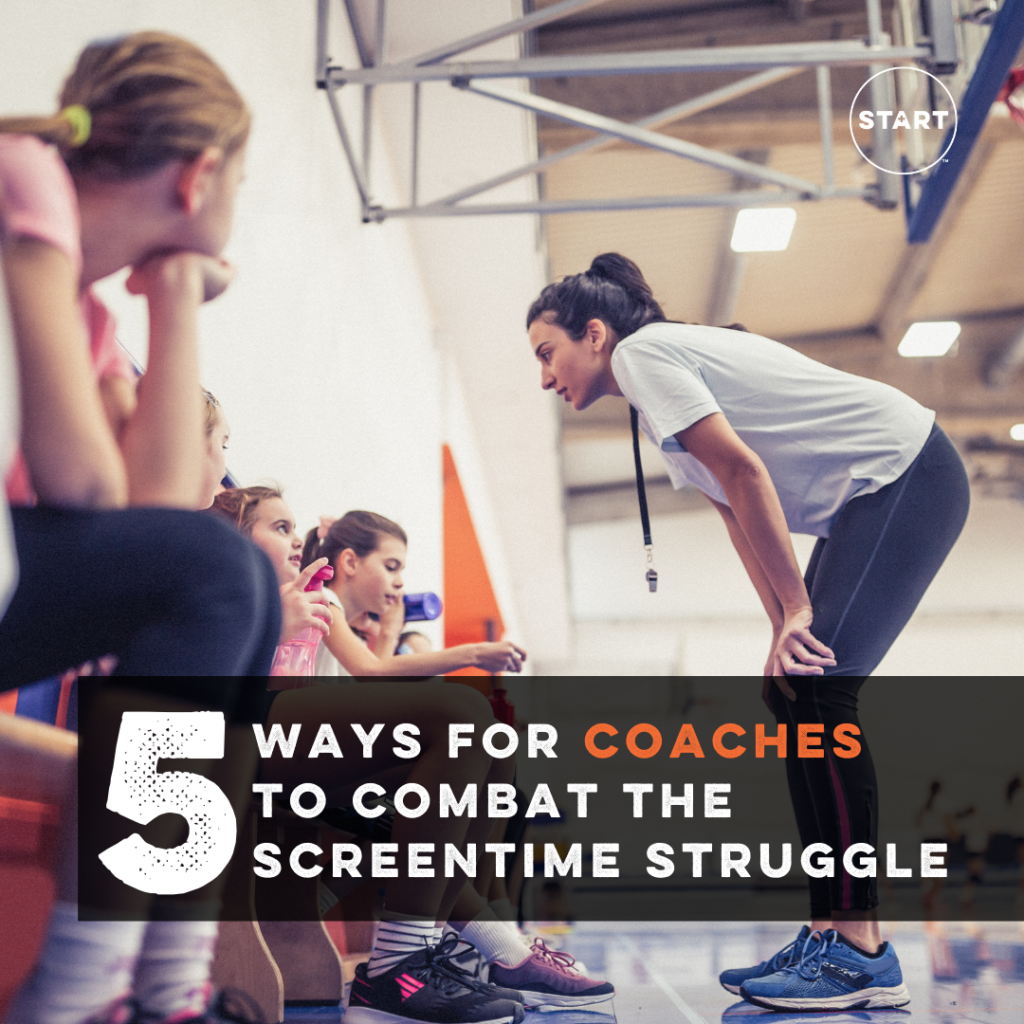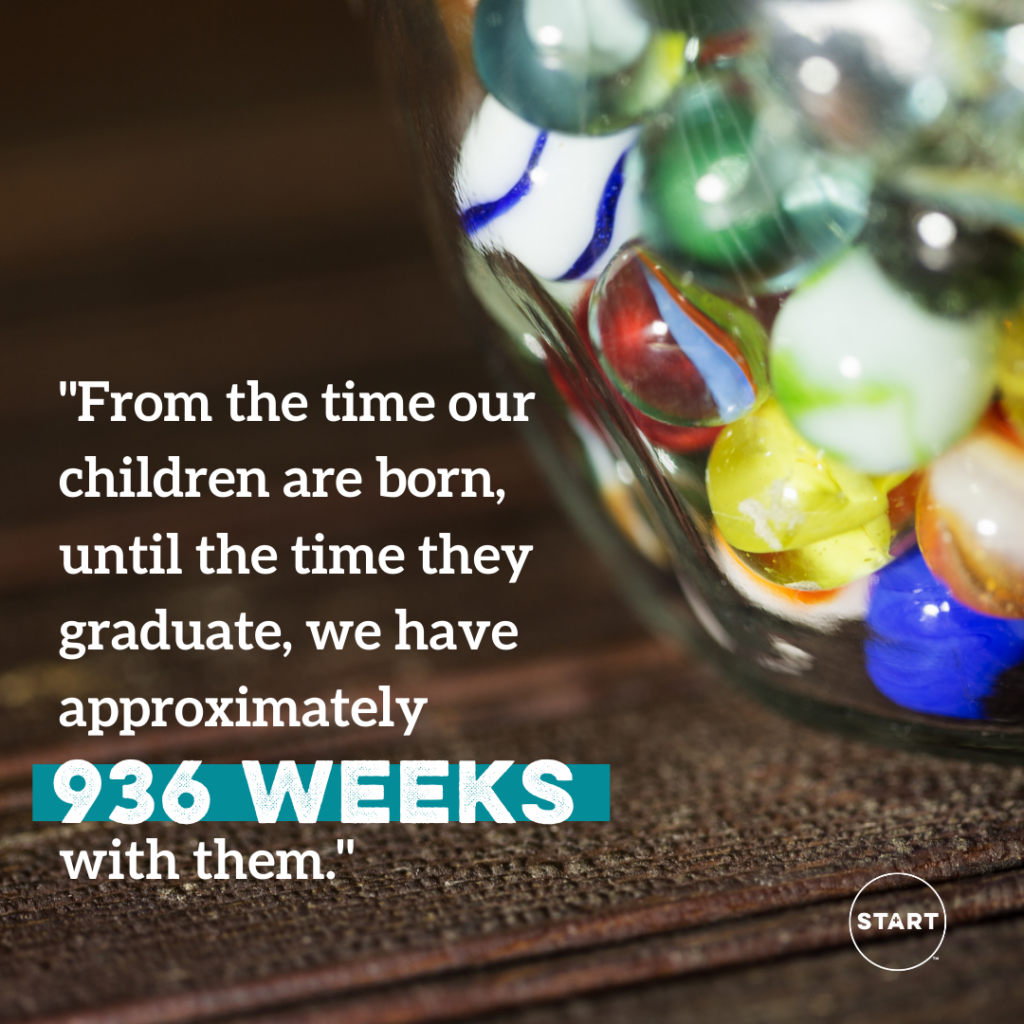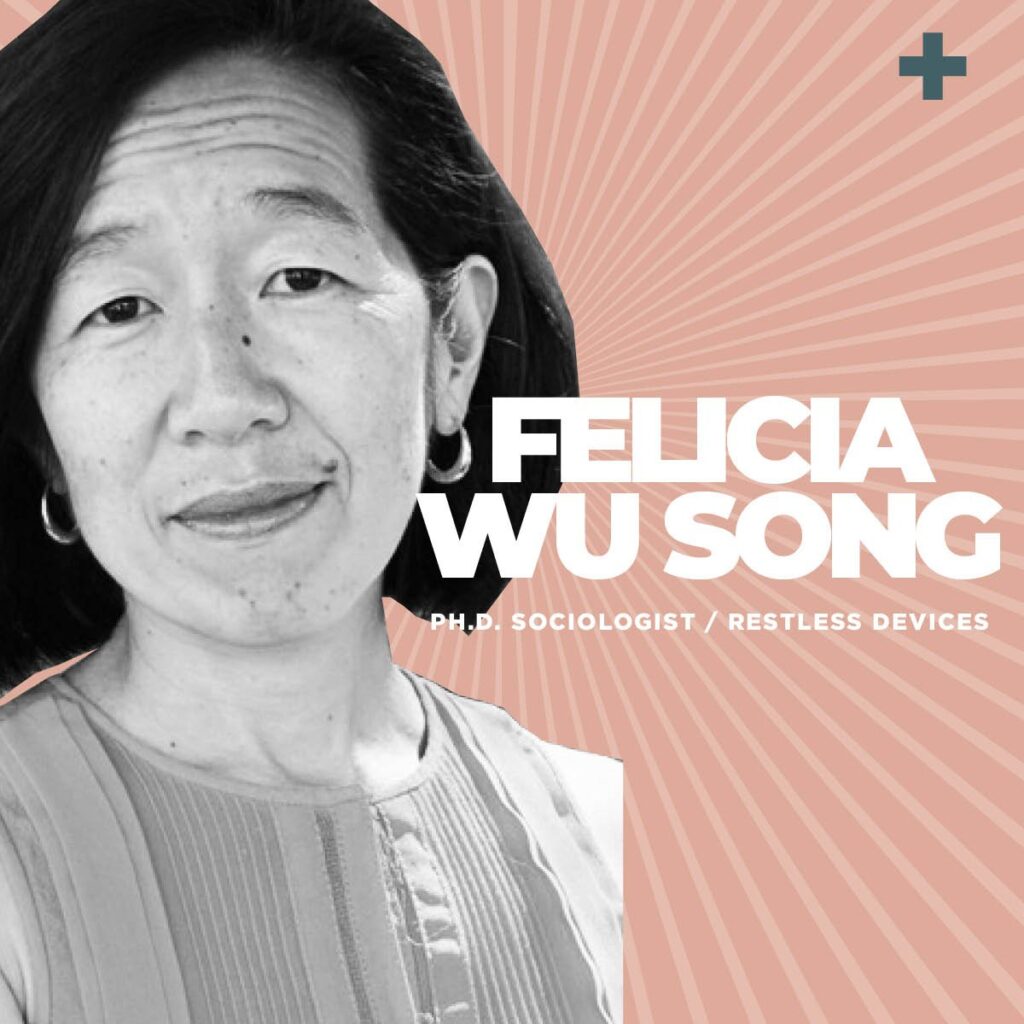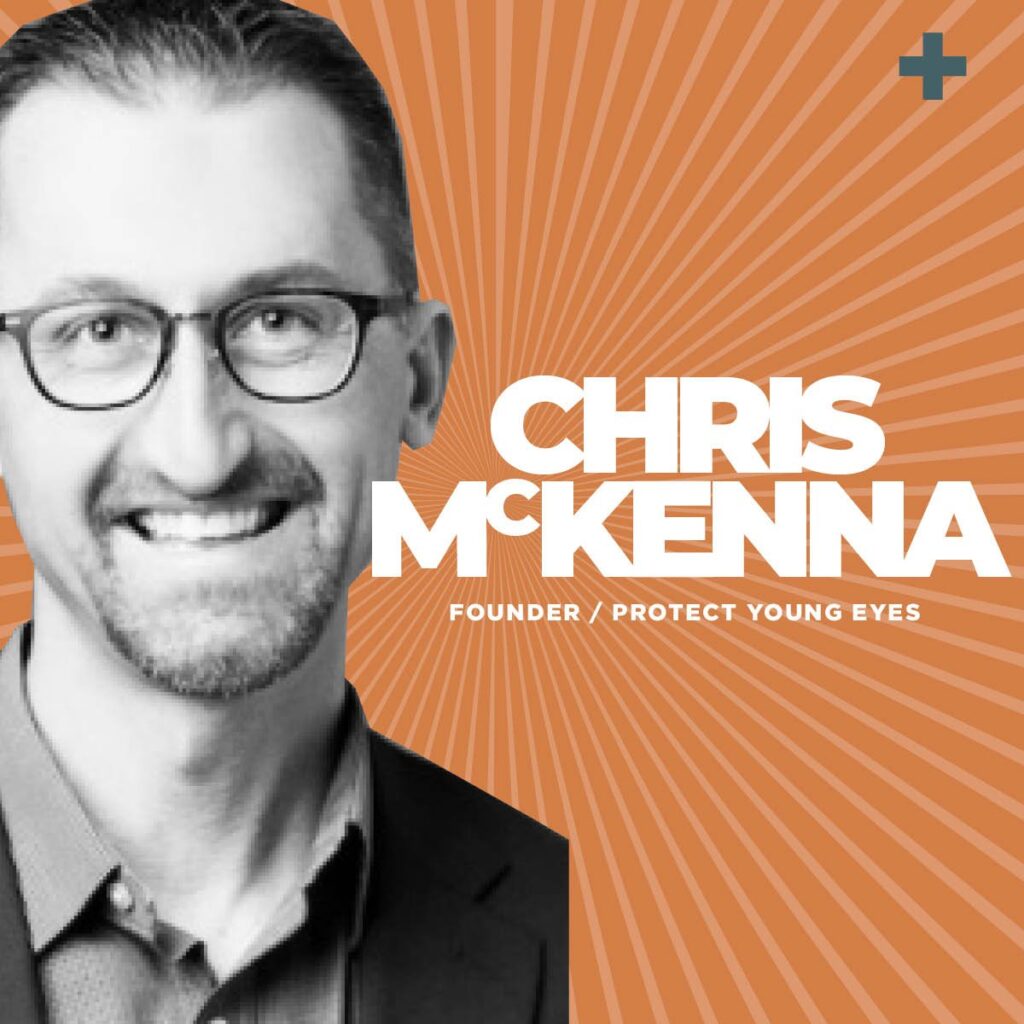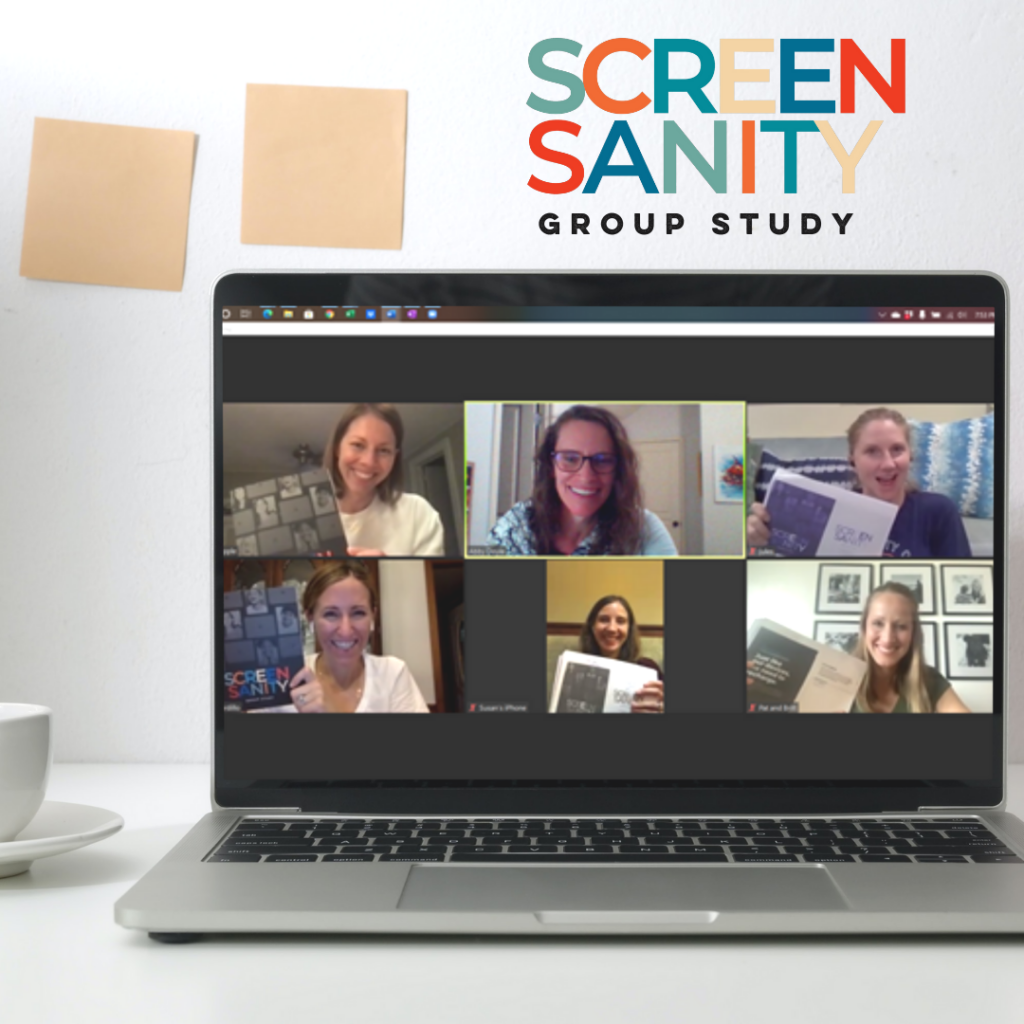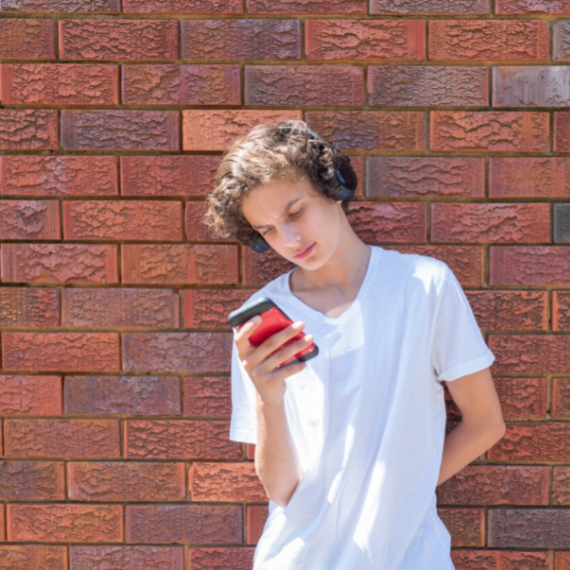Few thoughts are as daunting to parents as the prevalence of pornography and predators in the lives of our children. While we’d like to think porn only lives in hard-to-reach corners of the internet, the reality is it’s only a few clicks away. According to Defend Young Minds, the average age of first porn exposure is nine years old.
START Co-founder and Executive Director Tracy Foster was recently asked to participate in an expert panel for COSMO, a ground-breaking technology company that designs and builds innovative tech solutions to help keep kids safe and families connected. We love their COSMO JrTech 2 Smartwatch for a child’s first device.
The positive effects of participating in youth sports are numbered, yet there is a distracting new teammate causing disengagement among today’s athletes—the smartphone. Instead of focusing on the game, players run to the bench to check their phones for notifications. Instead of practicing drills outside, teens spend hours inside scrolling through social media.
We all know time matters. For parents, we need to focus on how we spend that time. From the moment our children are born until the time they graduate, we have approximately 936 weeks with them. In the book Playing for Keeps by Reggie Joiner, Kristen Ivy and Liz Hansen, these precious weeks are illustrated with a jar filled with marbles—each marble representing one week.
From viral TikTok challenges to the controversial launch of Metaverse, 2021 was filled with big changes in the digital world. In a time where tech trends and news can be overwhelming, we thought we would take this opportunity to summarize the top digital stories for parents in 2021.
Felicia Wu Song is a sociologist at Westmont College who studies the way technology has changed contemporary life. On the Screen Sanity’s final episode of 2021, she joins START co-founder Krista Boan for a conversation about digital fatigue and unpacks how our own lives have been transformed by devices and screens.
Join Krista Boan as she talks with the founder of Protect Young Eyes, Chris McKenna. It’s a topic many parents are trying to tackle: digital safety. They talk tools, apps, ways to think about “layers” of protection, and a variety of other details that parents are trying to grasp.
In this conversation, Adam and Krista reflect on the “smartphone plunge”—that moment when your kids graduate from a limited device like a Gabb phone to a smartphone. Join us as we unpack the emotions of prepping your kids for this milestone, the process of unboxing a smartphone, and the importance of wisdom, communication, and connection with your kids along the way.
Amy Holsopple is a writer, fitness instructor and the mother of a seven-year-old girl. She hosted a Screen Sanity Group Study in September 2021 with four of her fellow mom friends. Read on to hear her first-hand experience as the group host.
If you have a teen or tween, you’re probably familiar with TikTok challenges. Some of them come and go without gaining much traction, and others—like the recent “devious licks” challenge—make headline news.
